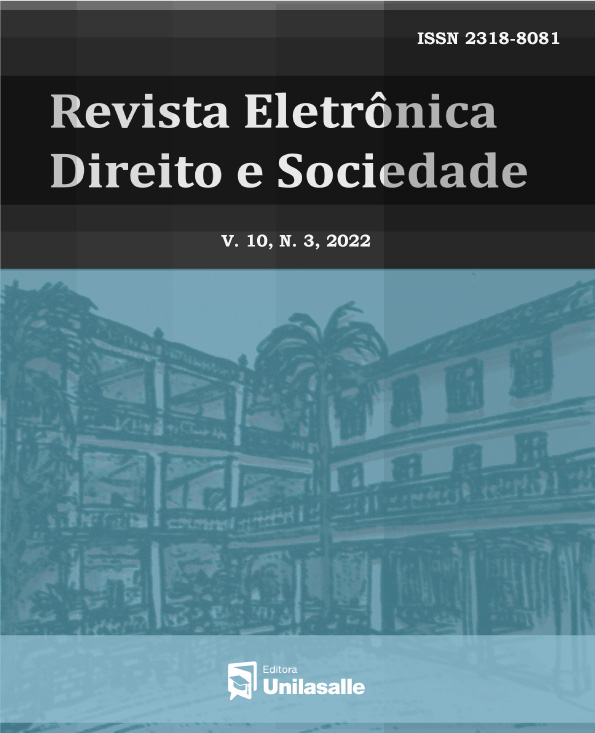Diretrizes Regulatórias para sistemas de inteligência artificial: análise documental das iniciativas dos Estados Unidos e União Europeia
DOI:
https://doi.org/10.18316/redes.v10i3.9097Keywords:
Sistemas de Inteligência Artificial, Regulação, Decreto da Presidência dos Estados Unidos 13859, Livro Branco sobre Inteligência Artificial.Abstract
Sistemas de Inteligência Artificial transformam a economia e a sociedade. Essas mudanças estimulam o debate jurídico sobre a atividade regulatória desses sistemas. Este artigo propõe o registro analítico das diretrizes regulatórias disponíveis em documentos oficiais públicos como parâmetros de conduta para os agentes regulados. Isto contribui à descrição de boas práticas regulatórias para os sistemas de Inteligência Artificial. A seleção dos documentos ocorreu por amostragem intencional do Decreto da Presidência dos Estados Unidos 13859 e Livro Branco sobre Inteligência Artificial da Comissão Europeia. Revisão de literatura serviu para delimitar os conceitos de Inteligência Artificial e regulação. Análise documental funcionou para apresentar o contexto dos documentos e registrar as diretrizes regulatórias. Primeiro são delimitados os conceitos de Inteligência Artificial (ênfase em algoritmos e dados) e regulação (ênfase em regras e comportamentos para os agentes regulados). Em seguida, há um recorte da agenda de pesquisa brasileira acerca da regulação de sistemas de Inteligência Artificial. Depois, os materiais e métodos são explicados. Por último, são exibidos os resultados da pesquisa. Boas práticas para a atividade regulatória dos sistemas de Inteligência Artificial incluem: conceito claro e abrangente de Inteligência Artificial; proteção de valores humanos básicos; critérios compreensíveis para distinção de sistemas de Inteligência Artificial a partir do risco; parâmetros de conduta ligados às exigências de transparência, explicabilidade, segurança, equidade e não-discriminação; avaliação do custo-benefício das opções regulatórias; proteção da concorrência; participação das partes interessadas. O debate jurídico quanto a regulação dos sistemas de Inteligência Artificial precisa considerar a velocidade das mudanças tecnológicas, os limites e as tensões das estruturas normativa e regulamentar existentes e a necessidade de adaptar ou organizar novos documentos jurídicos.Downloads
Published
Issue
Section
License
Authors who submit their manuscripts for publication in the “REDES” Magazine agree to the following terms:
The authors claim to be aware that they retain copyright by giving “REDES” the right to publish.
The authors declare to be aware that the work submitted will be licensed under the Creative Commons Non-Commercial Attribution License which allows article sharing with acknowledgment of authorship and publication in this journal.
The authors declare to be aware that by virtue of the articles published in this journal have free public access.
The authors declare, under the penalty of the law, that the text is unpublished and original and that they are aware that plagiarism has been identified, plagiarized authors will be informed - willingly, to take legal action in the civil and criminal sphere - and, plagiarists will have their access to the magazine blocked.
The authors state that - in case of co-authoring - all contributed significantly to the research.
Authors are obliged to provide retractions and (or) corrections of errors in case of detection.
The authors are obliged not to publish the text submitted to “REDES” in another electronic journal (or not).
The Electronic Journal Law and Society - REDES - is licensed under a Creative Commons License. Attribution-NonCommercial 4.0 International.Based on work available at "http://revistas.unilasalle.edu.br/index.php/redes/about/submissions#copyrightNotice".
Permissions in addition to those granted under this license may be available at http://creativecommons.org/.

